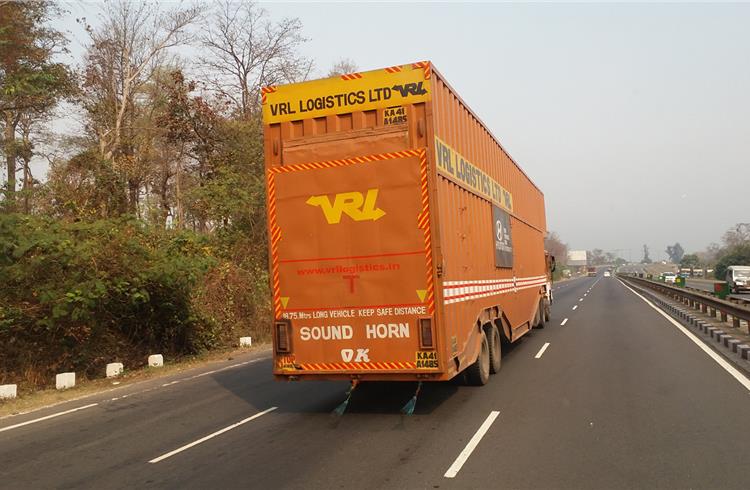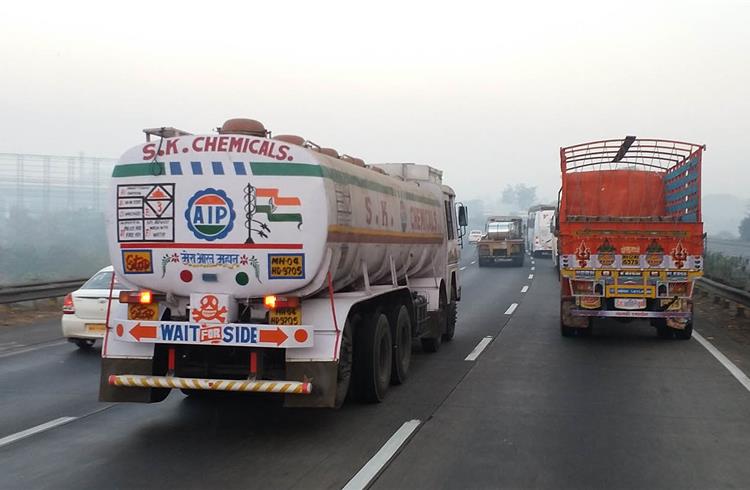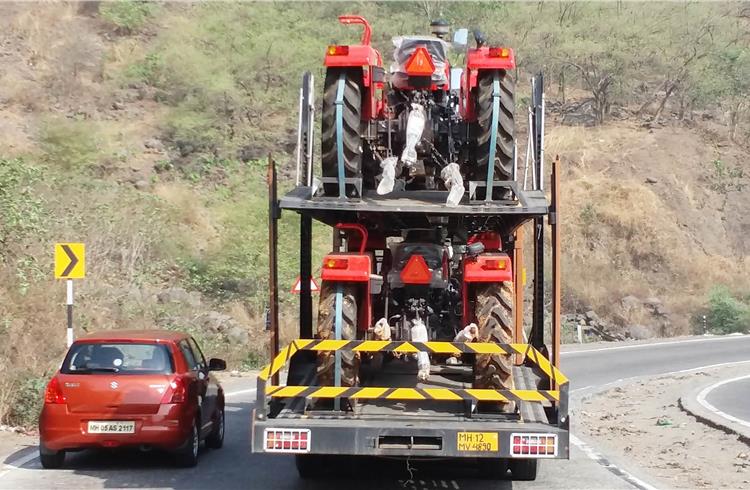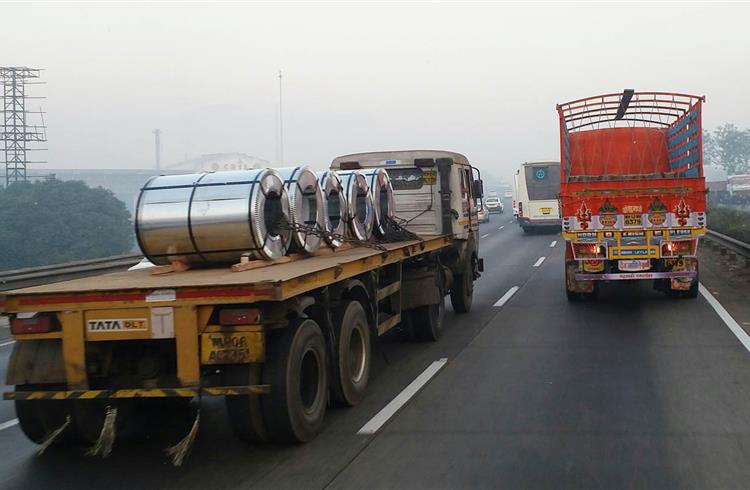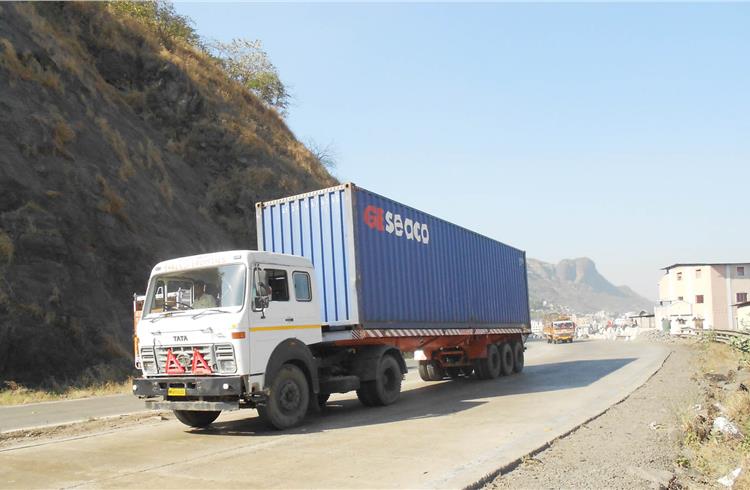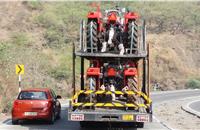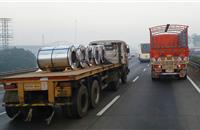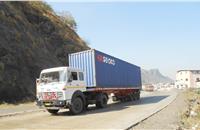Over 50% of Indian truckers suffer from health issues: Study
The study found that various factors that the drivers faced included working on long trips being a norm, truckers often driving more than 12 hours a day, frequent irregular shifts, and without relief on long hauls.
The Indian truck transport community, which surpasses the railways and other modes of transportation in carrying cargo across the country, sees a high level of truck drivers experiencing physical and mental stress. This is part of the findings of a recent study conducted by Kantar IMRB in association with Castrol India.
India, which has one of the largest road networks in the world, has over 6.6 million trucks plying across the length and breadth of the country. The health of commercial vehicle drivers plays a critical issue, not just from a humanitarian point of view but even as an economic indicator.
To examine the lifestyle of truck drivers and understand their life on the road and their awareness regarding the importance of leading a healthy lifestyle, Kantar IMRB and Castrol India conducted a month-long research study in April-May 2018, interacting with more than 1,000 truck drivers across four major metros - Delhi, Chennai, Mumbai and Kolkata. The survey considered a sample of truck drivers, aged between 25 and 55. The objective of the survey was to understand the driving health issues faced by truckers.
The study found that other than long trips being a norm, truckers often drive more than 12 hours a day, have frequent irregular shifts and work without a relief driver on long hauls. The physical stress was compounded by the mental stress of being responsible for deadlines and vehicular breakdowns.
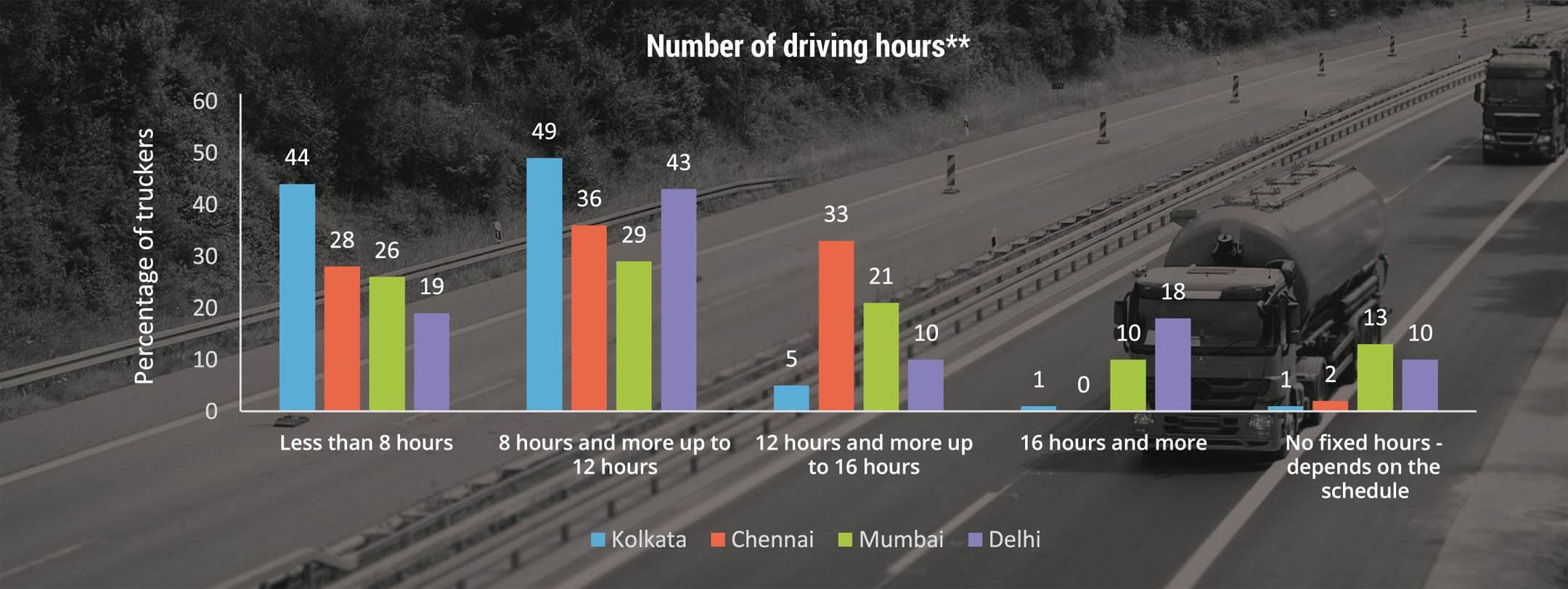
The research revealed that 53 percent of the drivers suffer from some health issue; while 23 percent battle lack of sleep, about 18 percent face physical stress and 12 percent mental stress. In addition, 67 percent of the community visit doctors as and when required.
The study reveals that truck drivers in India consistently clock abnormally high working hours. About half (48%) of the drivers said on an average they undertook more than 12 trips a month, with the average duration of a trip for 50 percent of the drivers was more than 12 hours.
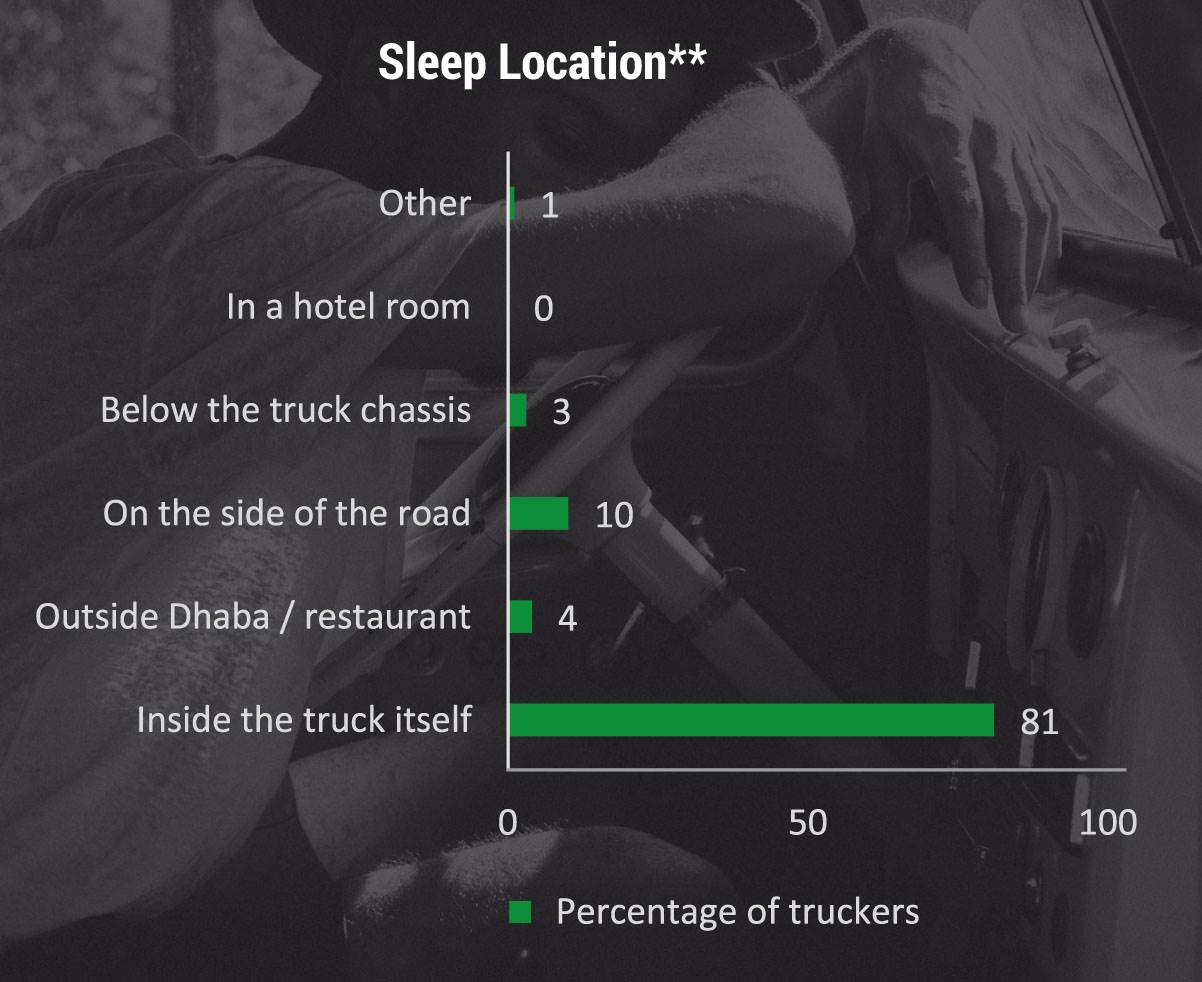
Sedentary lifestyles, inadequate sleep: a dangerous combo
The majority of the truck drivers in India lead sedentary lives as they sit for long hours behind the wheel, with inadequate physical exercise. This is a key factor in drivers experiencing physical stress and lifestyle diseases.
The percentage of drivers who drive for more than 8 hours a day is as high as 63 percent. While 56 percent of them take one or two short breaks, 78 percent take one or two long breaks. However, there were about 5 percent who carried on without a short break and 6 percent who carry on without a long break.
The study revealed that the sleep duration of truck drivers was inadequate by normal standards. A good 35 percent of truck drivers sleep for just 2–4 hours in a day while on assignment; another 31 percent doze off for just 4 to 6 hours. And 25 percent of the drivers slept 2 hours or less in a day while on assignment. This showed that most of the truck drivers are on the road driving without getting enough sleep. Another key finding that emerged was that 57 percent of the drivers claimed to drive most in the night.
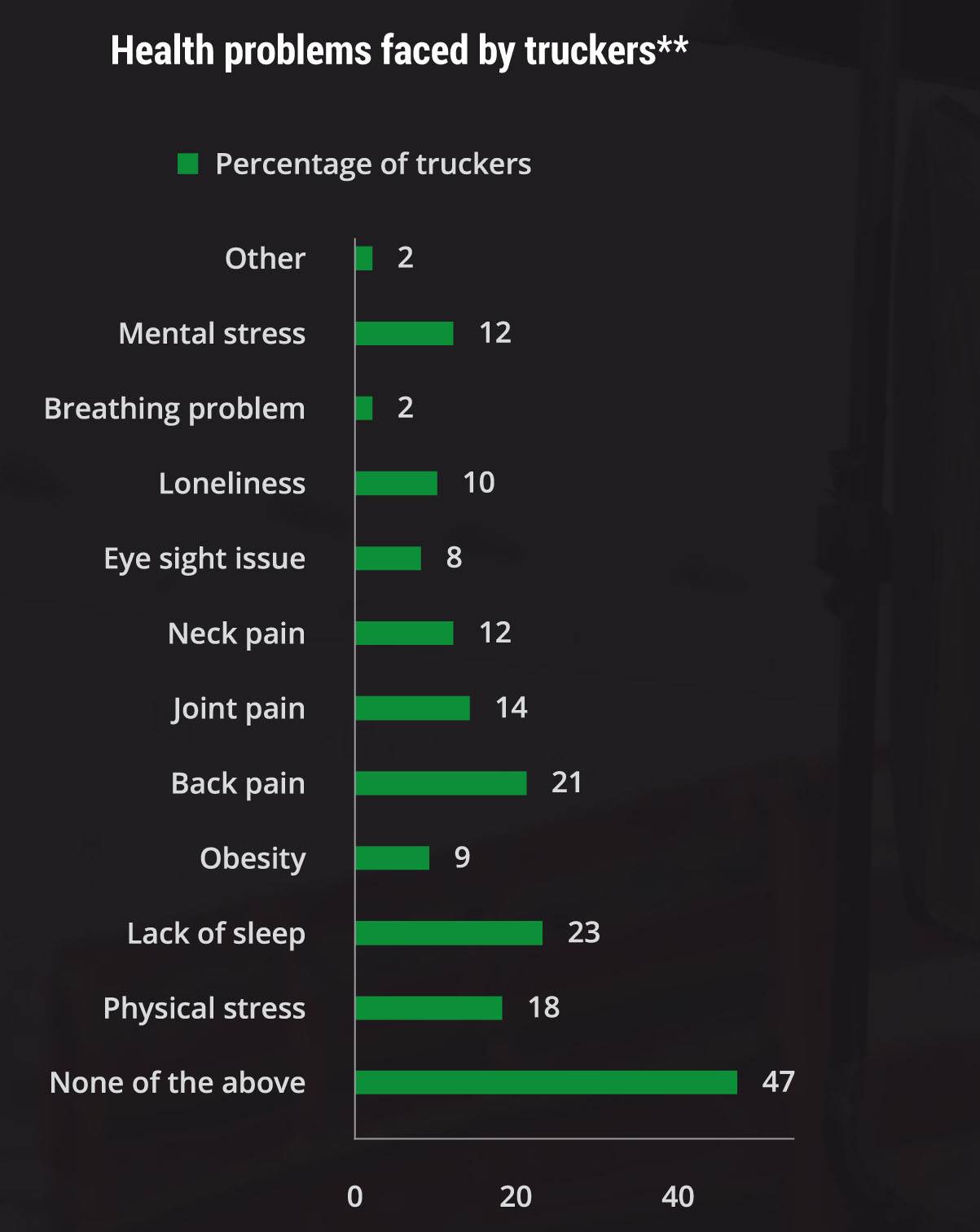
The report states that while the physical conditions seem to be stressful, a vast majority of the respondents (truckers) did not themselves recognised the harmful effects of their work schedules on their lives until the long-term effects became evident. It found that in spite on the road for long durations the drivers did not see maintaining their health as a big priority. In fact, health did not feature among the top three priorities for 63 percent of the respondents. Interestingly, 68 percent of truck drivers in the four metros said that they felt they are completely fit. This may be the reason why most of them do not take care of their health or have any fitness routine in place, on- and off-the-road.
Given the quantum of health issues faced by truck drivers and their contribution to the economy, there is cause for concern at an industry level. The tough, demanding conditions of their jobs have led to drivers being prone to a range of health problems. Those who described health problems stated that they mostly preferred to deal with issues through routes such as listening to music, walking and meditation among others. Medical intervention was among one of the lowest priorities.
Healthcare and insurance
The study states that despite the fact truck drivers faced formidable health issues that are a direct outcome of the hazardous nature of their jobs and working conditions, as a community, the drivers tend to avoid or ignore medical needs. Truck drivers are less inclined to opt for medical solutions to their health problems.
There was a general apathy towards health care among truckers, around 67 percent of the community visited doctor as and when required. When asked why, the drivers stated that they did not feel the need to visit a doctor. While for insuring their lives, more than a third (36%) did not have life insurance, with 32 percent of them responding that they did not feel the need for it.
Infographics courtesy: Kantar IMRB & Castrol India
Photographs: Subhash Simhudu
Also read: 1,317 accidents and 413 deaths on Indian roads each day in 2016
RELATED ARTICLES
IIT Bombay inaugurates Arun Firodia Research Floor
IIT Bombay, one of India’s top technical and research institutions, honours Kinetic Group chairman Dr Arun Firodia, one ...
Maruti Suzuki expands capacity at Manesar plant by additional 100,000 units
New assembly line at Plant A expands total manufacturing capacity at the Manesar plants to 900,000 units per annum. Alon...
Hyundai and Kia partner Exide Energy to produce LFP batteries in India
Partnership with Exide Energy enables Hyundai Motor and Kia to equip future EVs in the Indian market with locally produc...





 By Autocar Pro News Desk
By Autocar Pro News Desk
 20 Jun 2018
20 Jun 2018
 21153 Views
21153 Views



